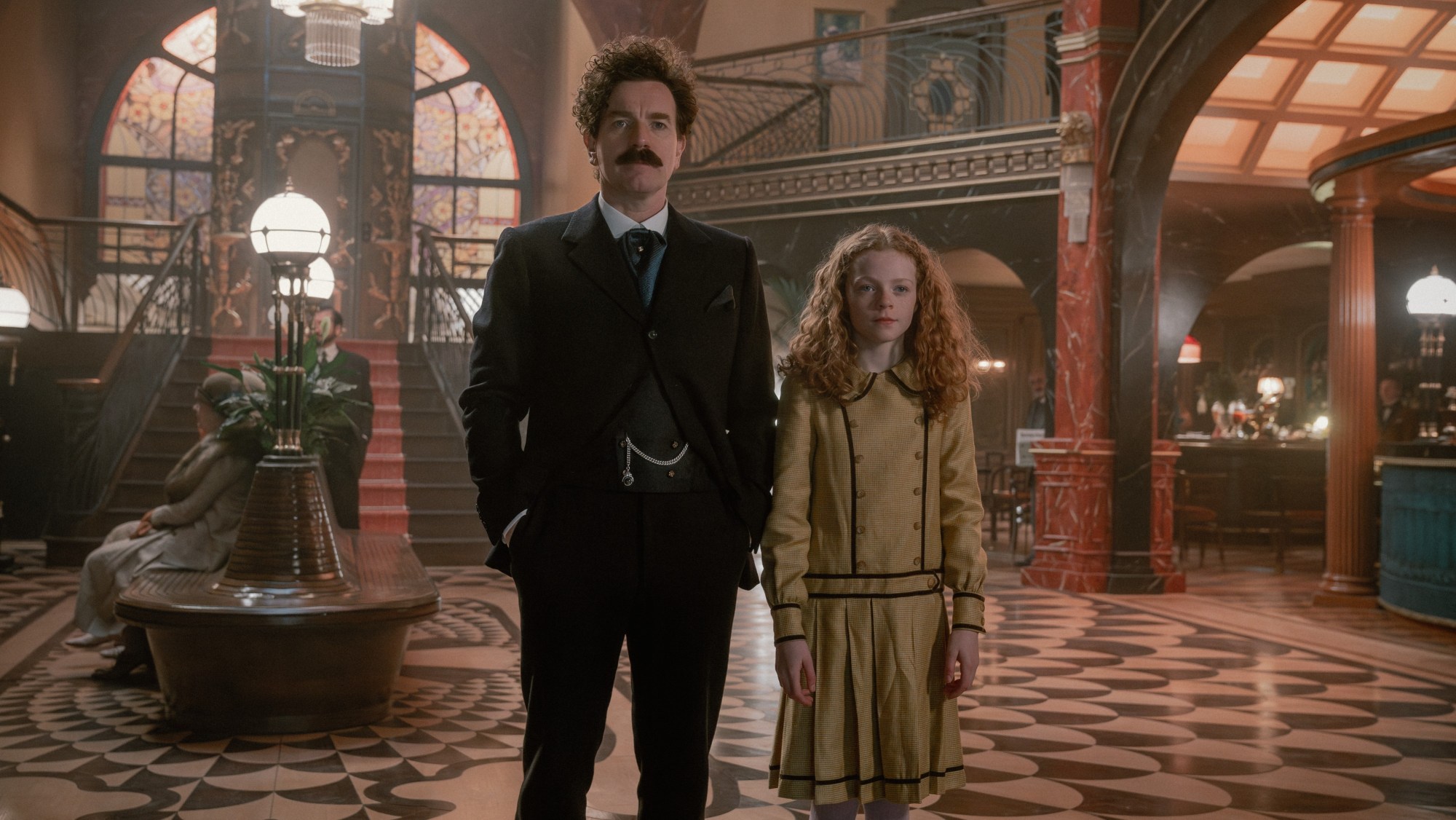After wars and revolutions, there tends to be the nostalgia of the “good old days”– days before the terror and violence have completely and irreparably changed one’s course, whether that be of one’s life, or that of a whole country’s. A Gentleman in Moscow displays that same nostalgia for aristocracy and their way of life before the October Revolution, with Rostov remembering the old days through the classic aspect ratio. It’s a decently made show, and it’s helped by casting Ewan McGregor, who brings the same sort of whimsy he brought to Christopher Robin, and the impeccable soundtrack from Federico Jusid. It’s also helped by expanding the role of Anna Urbanova, performed by Mary Elizabeth Winstead. But this nostalgia feels a tad out of place, considering that nothing about the show, except perhaps some of the score, has been created by any Russian, or those that descended from the Russian immigrants that wanted a different life from the Bolshevik regime.
Synopsis
Count Alexander Rostov finds himself going from riches to rags following the Russian revolution. A Soviet tribunal banishes him to the attic room of an opulent hotel, where, oblivious to the world outside, he discovers the true value of friendship, family and love.
Storyline
Moscow, 1921. A few years after the October Revolution, Count Alexander Rostov has been spared from death, but is sentenced to house arrest in the opulent Hotel Metropol, where he clings to the few pleasures he has left and discovers some within the building he is limited to.
TLDR
Actually, this would have been much more appreciated at the height of quarantine.
What stands out
The scoring is just… impeccable. The sweep of violins in the introduction makes it so easy to whisk viewers away into Hotel Metropol, and make the place feel like a slice of a good life that must be preserved, compared to the cold and tense court that judged Rostov.





